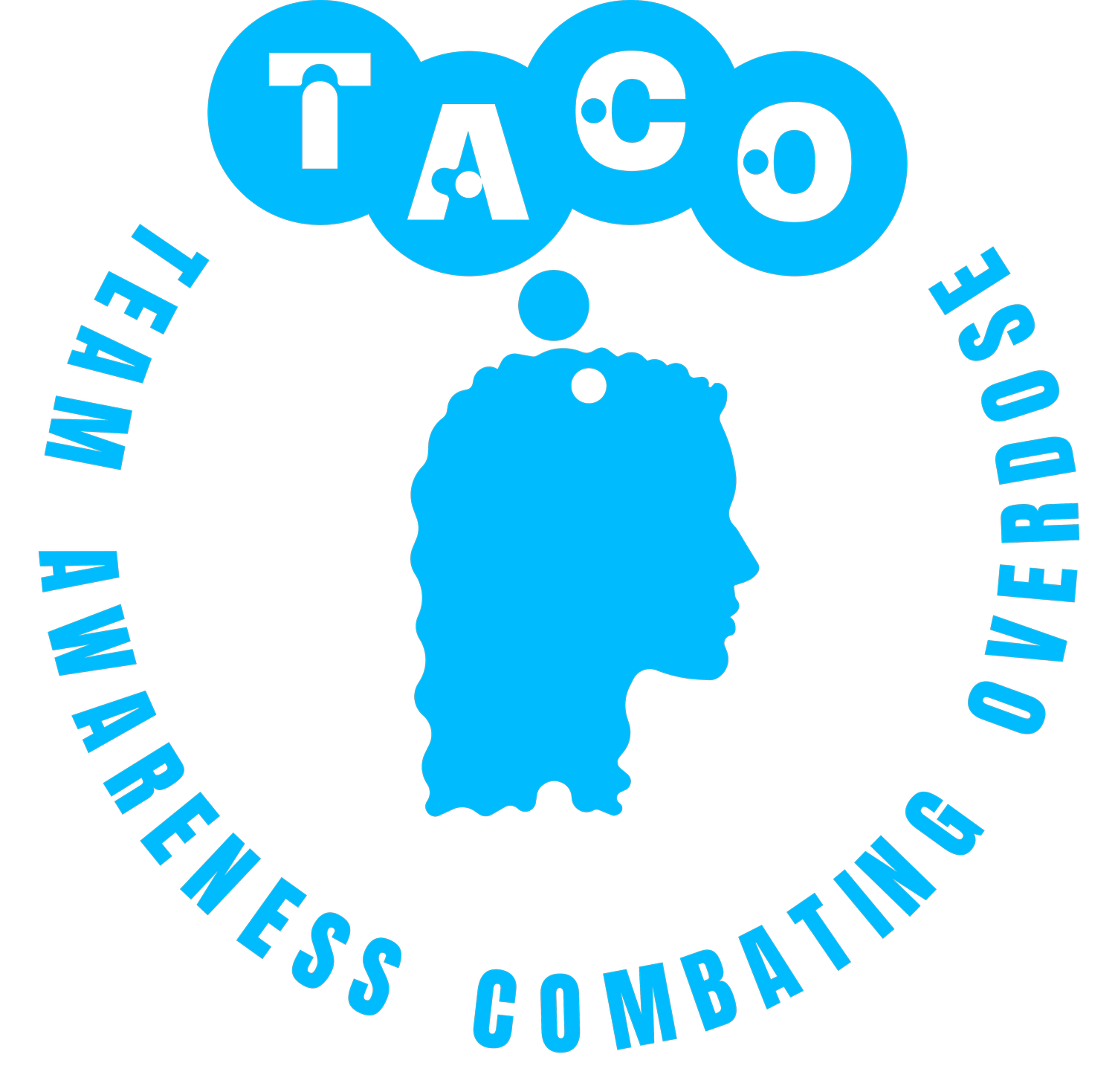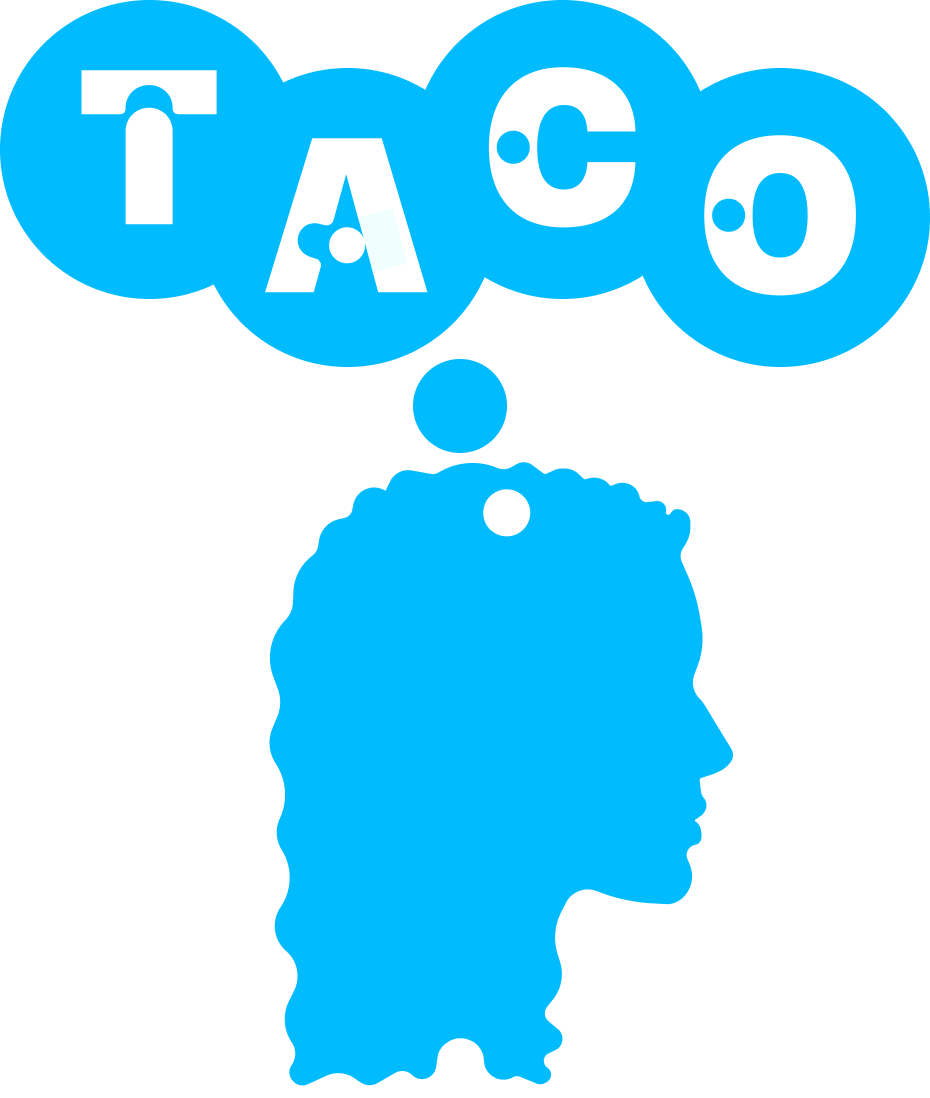When Should I Call 911?
Overdose is now the #1 cause of death for Americans under 45. Your ability to recognize and respond to the signs of an OD can make the difference between a friend’s life and death.
Although some symptoms may depend on the drug(s) taken, the most common indication of any OD is abnormal breathing. This is most often seen as slow or shallow breaths. Opioid overdose victims (like from accidental Fentanyl consumption) may stop breathing while still temporarily maintaining a pulse.
Other symptoms of Opioid OD include loss of consciousness, abnormal heartbeat, tiny (pinpoint) pupils that don’t get bigger if you shine light in them, bluish skin inside their lip, and changes in body temperature.🧊
If you see these OD symptoms, it is critical that you call 911 right away. State “I am witnessing a medical emergency.” Emergency medics should arrive within 15 minutes.
Until first responders arrive, you can still help your friend. Check if they are breathing by observing if their chest rises and falls. Check their pulse by placing 2 fingers on the side of their neck under the corner of their jaw. If they are NOT breathing and do NOT have a pulse, begin CPR (30 compressions to 2 rescue breaths) and give Narcan.
If they are NOT breathing but DO have a pulse, give 1 rescue breath every 5 seconds. Do not do chest compressions on someone who still has a pulse. Give Narcan.
If they are still breathing and do have a pulse, place them in the Recovery Position - laying on their side, bottom arm/hand under their head, and their top leg bent and propping them up. Make sure the victim does not eat or drink. This ensures they stay on their side to prevent choking in case they vomit.
When first responders arrive, or even while you are speaking to the 911 dispatch operator, tell them any substances you believe the OD victim may have consumed. This will help them get the most rapid and effective medical treatment








